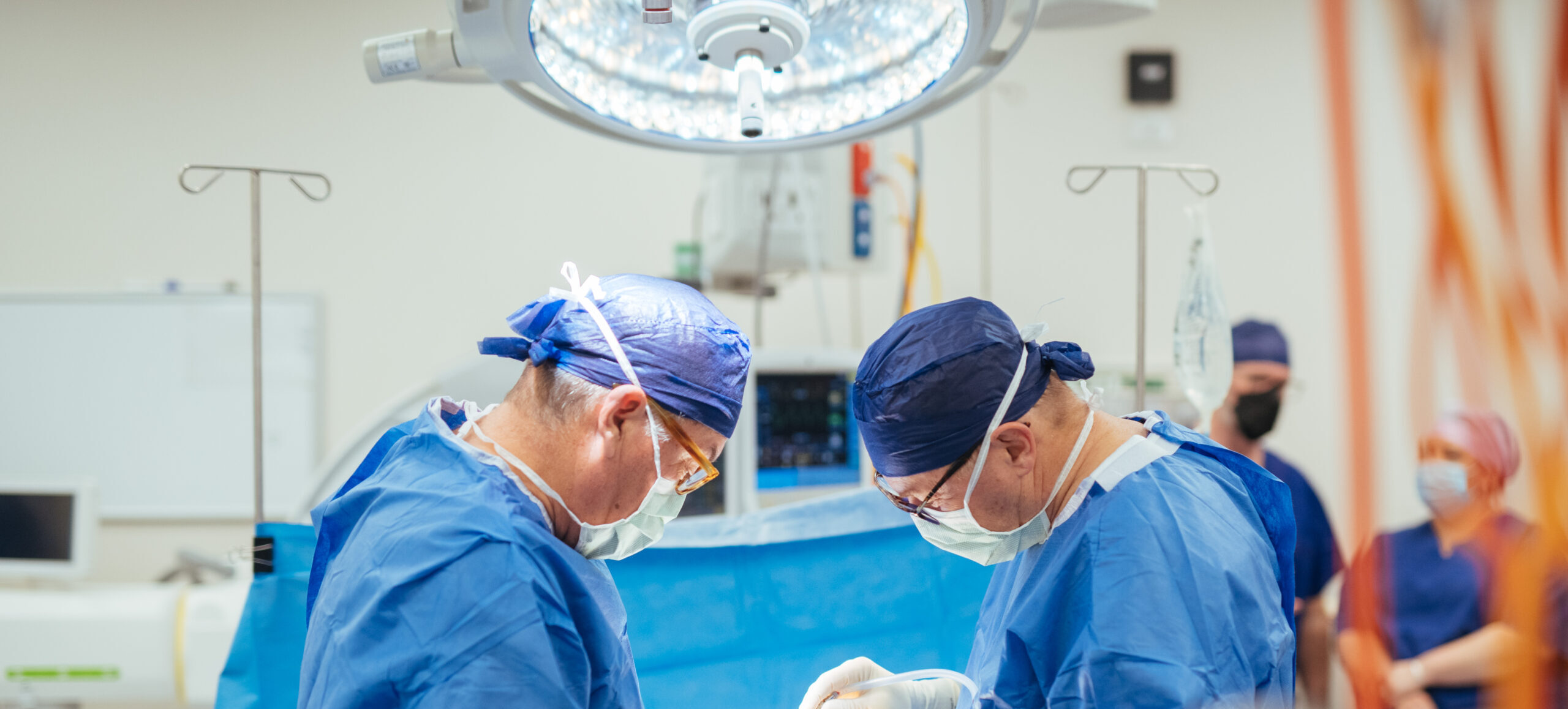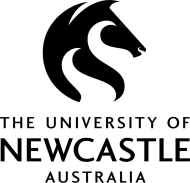
Spinal Surgery
A neurosurgeon has unique training to be able to treat many of these potentially life altering, or life threatening, problems. Dr Spittaler welcomes all new enquiries and referrals.
Spinal Surgery at Hunter Neurosurgery
Often surgery is the last resort for a lot of patients. Surgery is often recommended when pharmacological and other medical interventions have failed, and by this point the patient has suffered greatly.
The main goal of surgery is to address trauma, correct imbalances, and improve quality of life.
In chronic pain patients, a reduction of pain can be a significant positive result.
Some of the spinal conditions treated, in both the lower back and neck, include:
- Spine Tumour
- Sacroiliac Joint Fusion
- Arthroplasty
- Spinal Fusion
- Chiari Malformation
- Sciatica
- Lumbar Spondylosis
- Lumber Canal Stenosis
- Lumbar Laminectomy
- Lumbar Discectomy
- Cervical Discectomy
- Cervical Laminectomy
- Spine Trauma
- Herniated or ‘slipped’ disc – which presses on a nerve in the spine causing ‘sciatica'(or pain in the leg)
- Narrowing of the spinal canal – causing leg or arm weakness or pain
- Compression of the spinal cord – causing arm and leg weakness or difficulty with fine movements
- Tumours in the spine
- Blood vessel abnormalities in the spine
- Back pain – sometimes requiring treatment with ‘spinal fusion’
- Peripheral nerve problems treated by a neurosurgeon include
- Carpal tunnel syndrome – burning and weakness in the hands, often worse at night
- Ulnar nerve compression – similar to carpal tunnel syndrome, but caused by compression of a nerve at the elbow
- Leg weakness – caused by compression of nerves in the leg
- Thoracic Outlet Syndrome
- Nerve tumours – in various places in the body and extremities
Are you a GP or Specialist?
Would you like an appointment?
Any questions?






